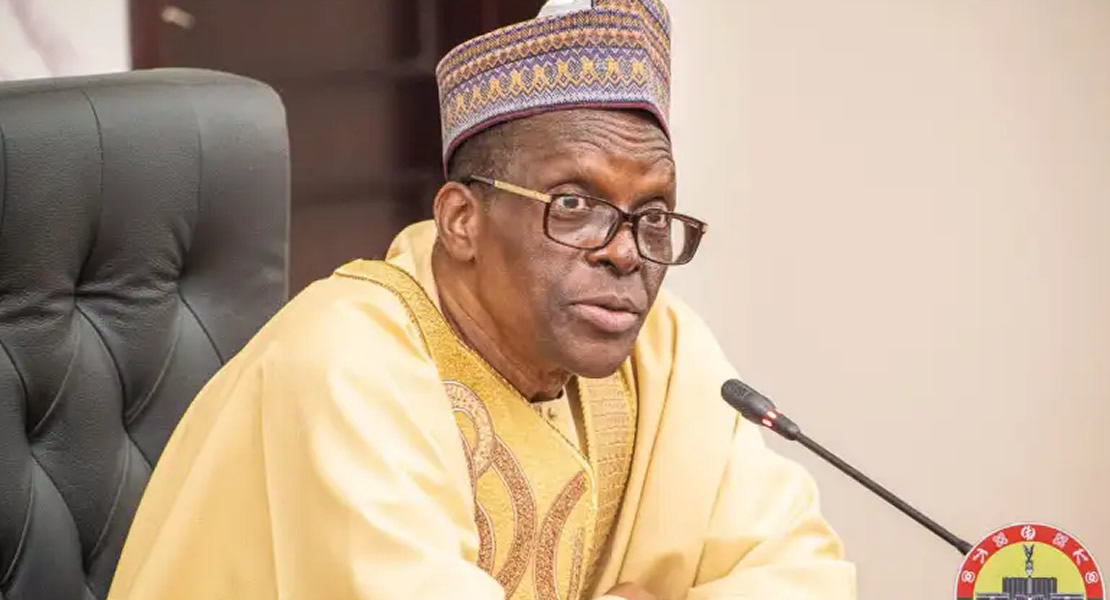
The Speaker of Ghana’s Parliament, Rt. Hon. Alban Bagbin has advocated for collective action the threat of plastic wastes in the sub-region.
He said the scourge of plastic waste poses significant challenges to our people, the economy as well as the coastal and marine environment, hence the need to urgently find solution to the problem.
The Speaker made the call when he addressed the opening of the Delocalized Joint Meeting of the Committee on Agriculture, Environment, and Natural Resources; the Committee on Mines and Energy; and the Committee on Infrastructure of the ECOWAS Parliament currently underway in Winneba, Ghana on the theme: “Plastic Waste Management: Challenges and Prospects in the Implementation of Community Activities”,
Mr. Bagbin said plastic waste has, undoubtedly, become one of the nagging environmental problems confronting the world, particularly the ECOWAS Sub-region, where the generation of plastic waste has been fueled, in recent times, by rapid urbanization and population growth, coupled with increased consumption patterns and packaging.
“Indeed, the ECOWAS sub-region, with its rich natural resources and diverse ecosystems, is particularly vulnerable to the impact of plastic waste. From the plastic-choked waterways of our cities to the dumping of microplastics in our seas. The evidence of plastic waste explosion is clear, and we must act now to avert this potential disaster”.
According to him, in 2020, plastic consumption across the West African coastal countries was estimated at 7.9 million tons, and this is projected to rise to 12 million tons by 2026. Sadly, only 20% o of plastic waste is recycled or well managed in coastal West Africa, leaving the chunk of 80% to our guess.
In discussing solutions to the threat, the Speaker urged participants not to be oblivious of the challenges that undermine our capacity to effectively deal with the menace of plastic waste which we need to overcome if we are to effectively combat the menace of the plastic waste.
These include;
• limited infrastructure for waste management
• poor public awareness on sustainable waste management practices,
• weak policy implementation, coupled with weak legal regimes enforcement together with general economic constraints.
These challenges notwithstanding, he asserts that opportunity abounds to collaborate and champion the adoption of common regional standards for the effective management of plastic. “We also have the opportunity to constantly engage with our local communities and educate them on the threats that plastic waste pose not only to our environment but also our livelihood, particularly the blue economy”.
Rt. Ho. Bagbin thus urged various governments to leverage on public-private partnership initiatives to build the infrastructure required to effectively deal with the plastic waste menace and possibly turn plastic waste into useful economic resource that can create employment opportunities for the many unemployed youth in the sub-region.
Ghanamps.com